
Last week, Torr Vale Mill opened for two days as part of the National Trusts’ Heritage Open Days scheme, which run for one week in September and give the public access (most) areas to some of the country’s best sites.
Situated on the banks of the river Goyt below the streets of New Mills, Torr Vale Mill still stands tall after over 240 years.
Torr Vale ran tours throughout the day on Friday 15th and Saturday 16th, and we spoke to one of the custodians of the mill Phillipa Cunningham to find out more about the mills’ past, present and future.
“So the mill was built in 1758 and was an important piece of architecture in terms of the cotton trade.” Phillipa explained. “We continued to build the mill right up until 2000 when we stopped production here. We are very important as we are one of the last surviving cotton mills in the North West and one of the best examples left.”
The cotton trade in the North of England was at one stage a very important part of everyday life, and in Manchester alone there were 108 cotton mills in use in the 1850s. The cotton trade was so influential here that the term “Cottonopolis” was thrown around with Manchester becoming an archetype for the trade across the country.
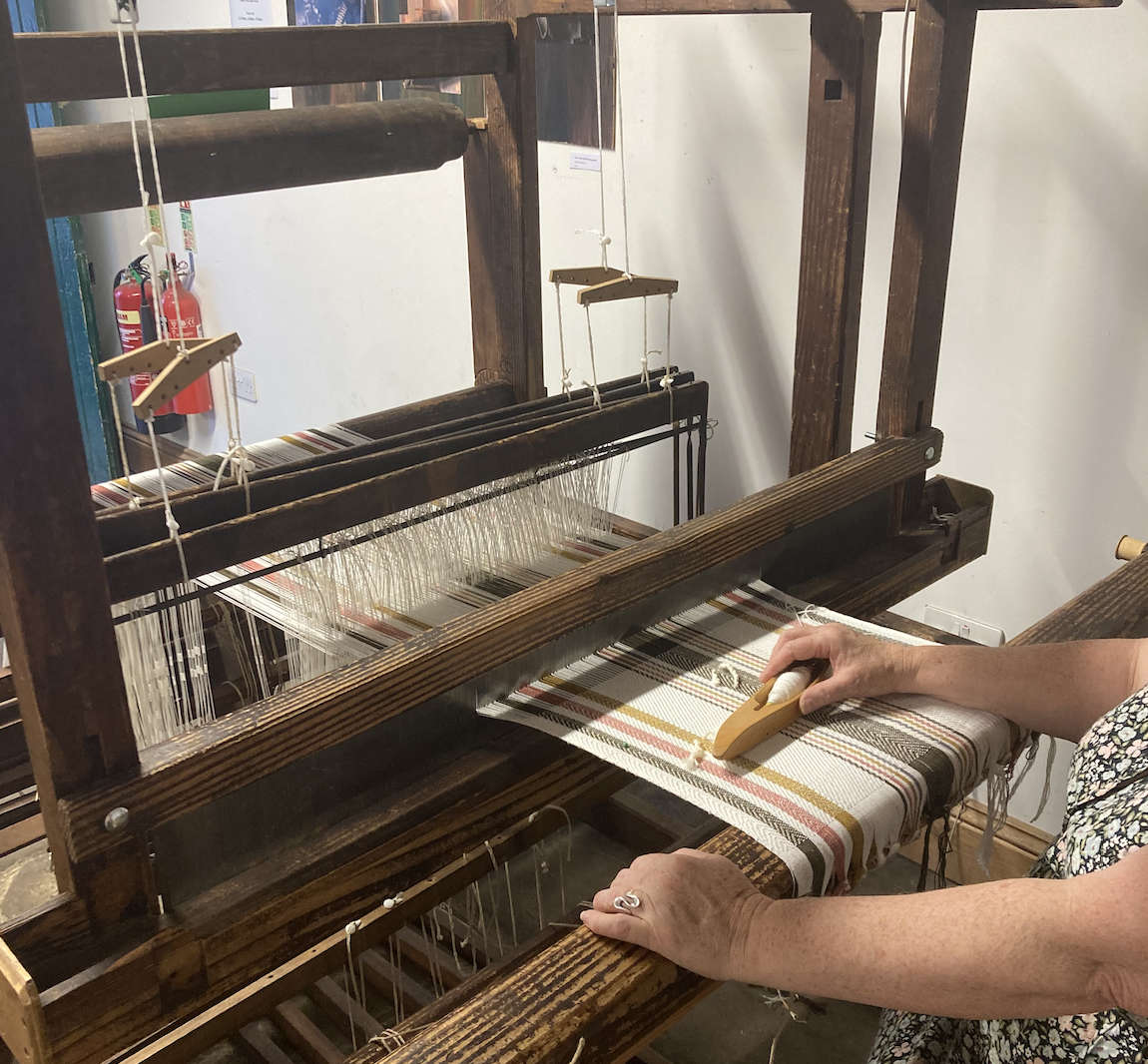
But fast forward to the late 1900s and the trade was in rapid decline. By the 80s, countries that provided the cotton such as Egypt were able to produce it cheaper and reduce labour costs, leaving the British cotton industry on its knees as businesses moved to using cheaper producers abroad.
Phillipa spoke about what Torr Vale Mill produced during its’ heyday before the industry all but vanished from cheaper alternatives. “Towards the end we mainly made tea towels, but before that we were famous for Wimbledon towels, but also providing all of the NHS with those white towels with the blue stripes on.”
Torr Vale was not only known for producing all of the blue NHS towels, but it has also been discovered that the mill was one of the first companies to have equal pay between both men and women, as Phillipa explained.
“What we do know is that the owners were good to their staff – they paid them well. Also, when the men went off to fight in the Crimean war the women were given the men’s jobs and were therefore paid their salary. When the men returned from the war, the women were not removed from their post and were still working the mens’ roles, being paid the same as the men that worked there.”
Mills such as Torr Vale mill were progressive in other ways as well – the majority of mill workers in the cotton industry were completely against American slavery in the 1860s and would refuse to work with cotton picked on slave plantations.
But in 2023 the mill has moved away from the cotton industry completely, and it now has multiple different functions that the public can partake in.
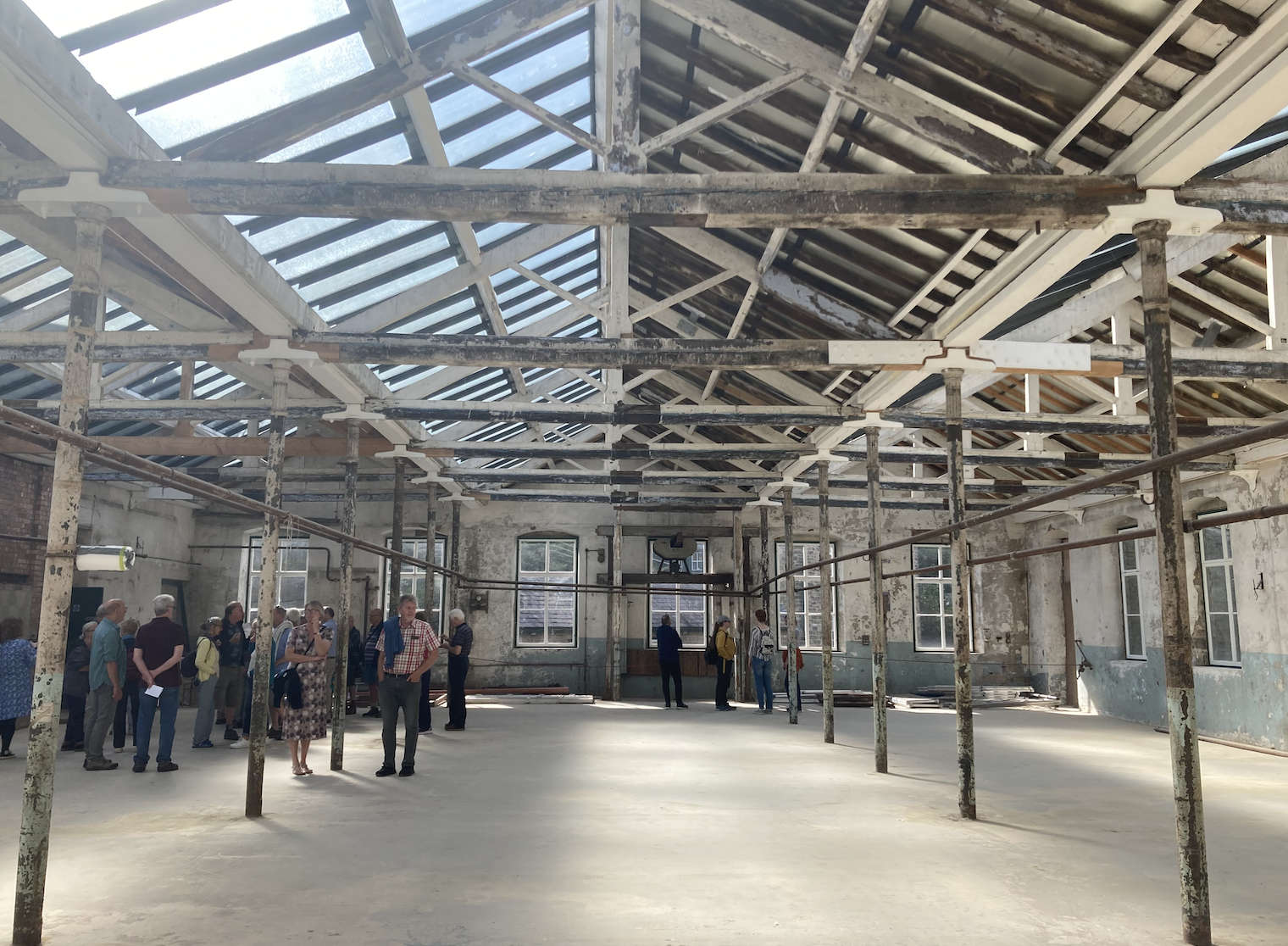
“Currently we have lots of things going on, we have our houses that have been converted into holiday accommodation, we have an events floor that has room for 330 people for weddings and things like that, we have converted a floor into offices and a radio station is moving in, as well as a wonderful cheese shop and the Torr Vale Tap.”
The top floor of the main building has also just opened, and the Heritage Day gave exclusive access to visitors to come in and see the area.
“This space is being renovated and will become office pods, for people to work in. It will also be a gallery on one side as well,” Phillipa said.
With so many different venues and areas in the mill, and more to come in the future, Torr Vale Mill is once again becoming a place for the people.


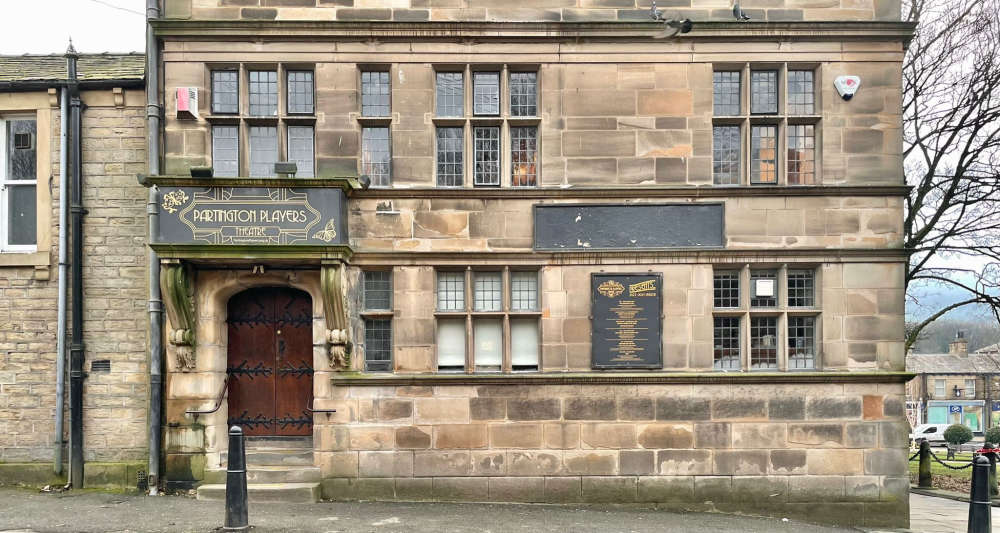 Partington Theatre is opening its doors to the public this Saturday
Partington Theatre is opening its doors to the public this Saturday
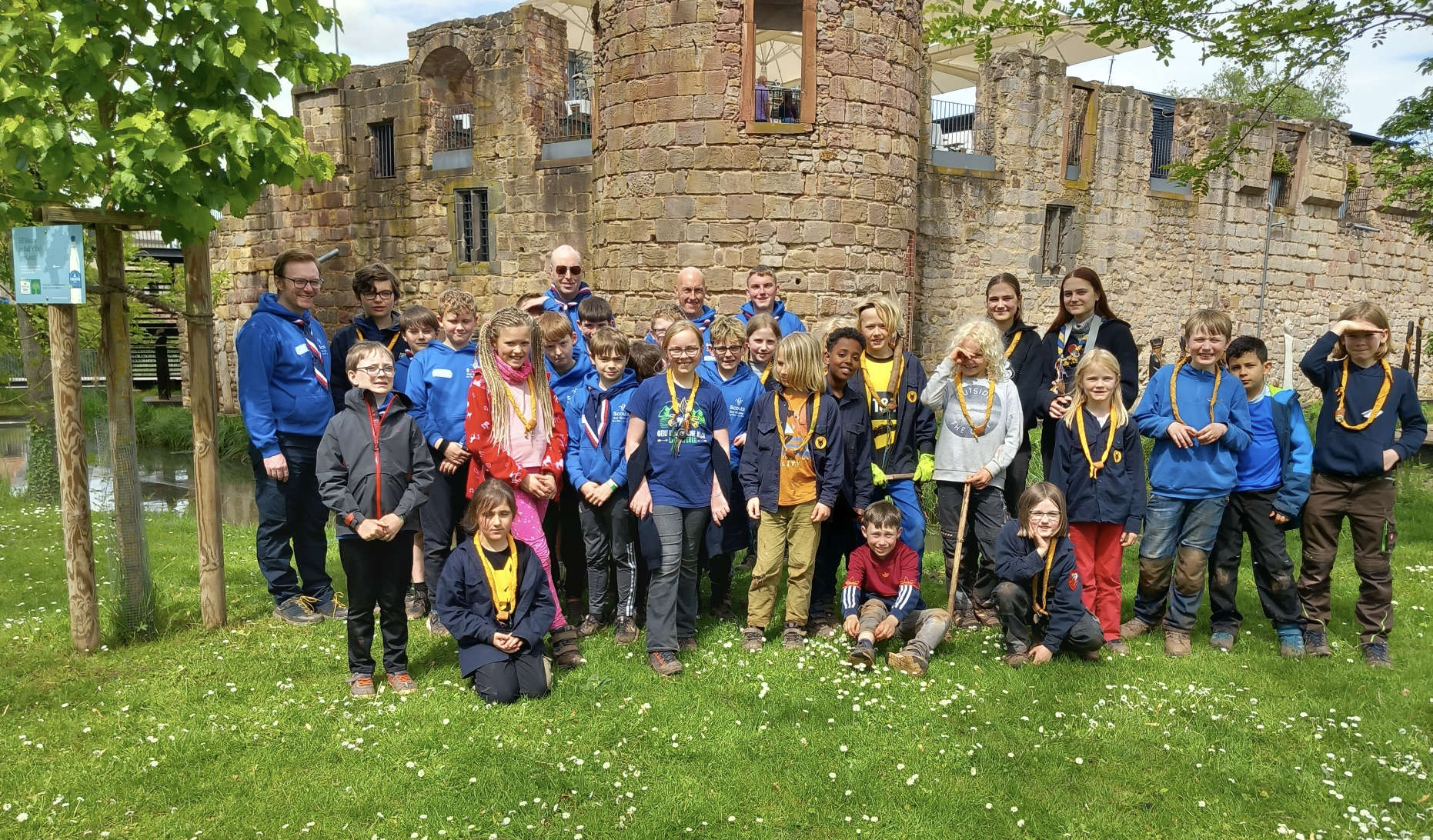 Cubs visit Glossop's twin German town for a long weekend
Cubs visit Glossop's twin German town for a long weekend
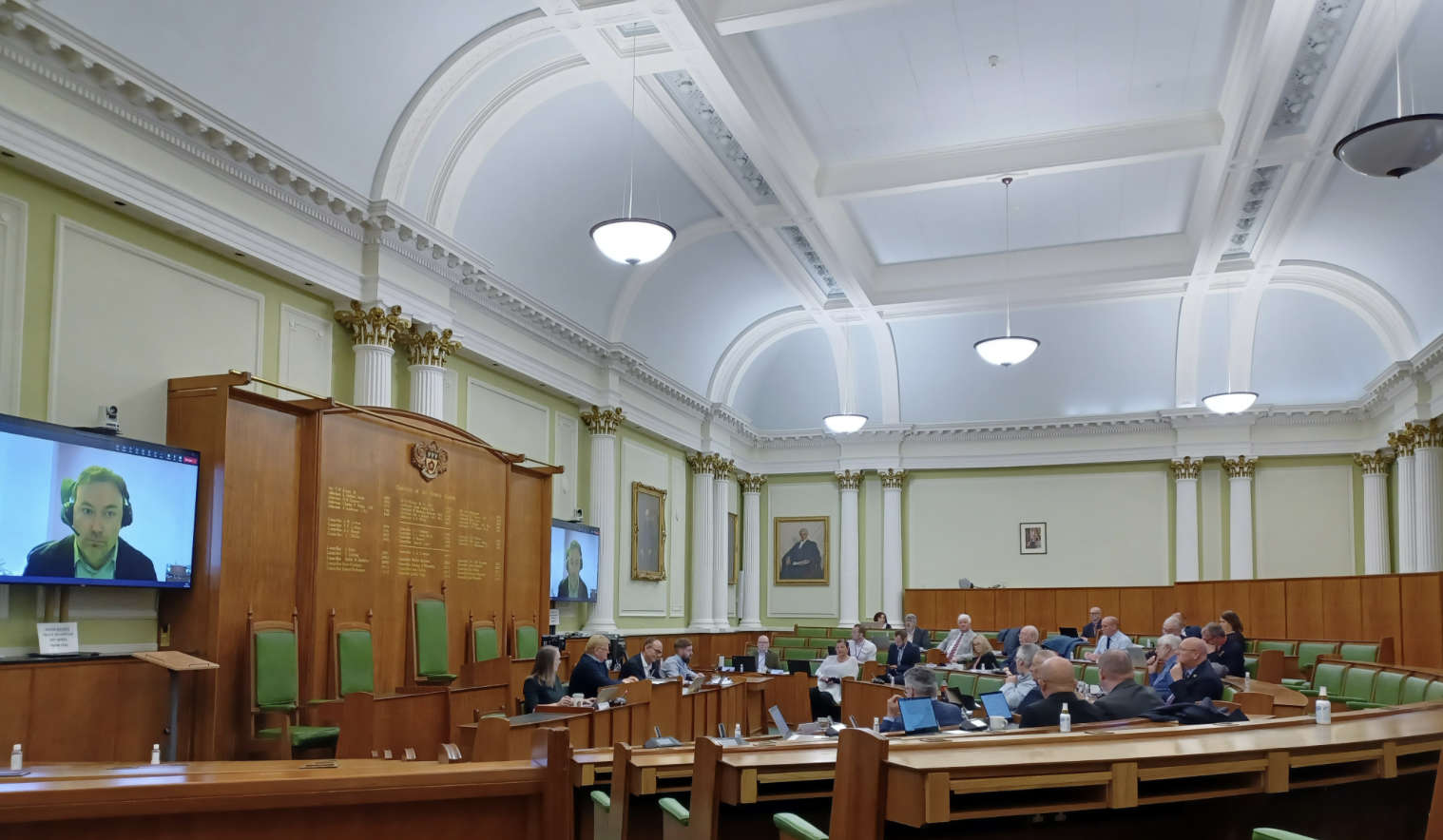 Council leader accused of “chucking his teddies out of the pram”
Council leader accused of “chucking his teddies out of the pram”
 Glossop author's first book becomes best-seller on Amazon
Glossop author's first book becomes best-seller on Amazon


